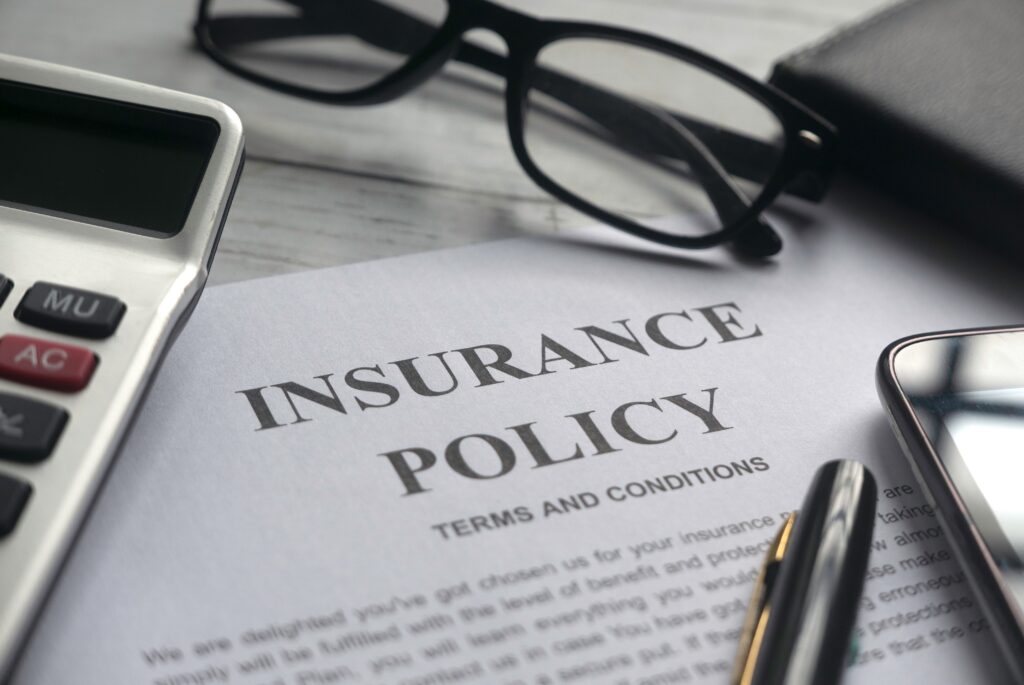
Not everyone gets comprehensive car insurance, but if you are considering it, you should know what it does (and does not) cover, and how best to get insurance repairs if you do have it.
First of all, there is never a requirement to get comprehensive coverage. You can legally drive with only liability insurance, although most people also get collision coverage and uninsured motorist. However, if you are leasing or financing a car the owner or lender may require comprehensive coverage. From the legal perspective, the idea is that the person at fault for an accident pays for all damage.
How is Comprehensive Insurance Different from Collision Coverage?
The difference is simple. Collision coverage covers your car from damage in an accident whether or not you were at fault. Comprehensive insurance covers your car if damaged in incidents other than accidents.
What Does Comprehensive Insurance Cover?
Comprehensive insurance covers damage to your vehicle in almost every situation. For example, it will cover your car if:
- It is damaged by weather, such as large hail, lightning, your garage getting flooded, etc.
- Something falls on your car, such as a rock or tree.
- Your car catches fire.
- You hit an animal (in some areas this is a pretty significant risk).
- Your car is stolen or taken for a joyride and not returned or damaged.
- Earthquakes and similar disasters.
- Vandalism.
It may or may not cover damage to glass; in some states it’s required to. You may also have to pay slightly more for glass coverage.
What Does Comprehensive Insurance Not Cover?
It’s a myth that comprehensive insurance covers everything. Generally, it does not cover:
- Personal injury (liability insurance covers you if somebody else is hurt, personal injury if you are).
- Hitting another vehicle or an object (this is what collision insurance is for).
- Legal expenses.
- Property that is stolen or damaged after being left in your car. Generally, your homeowners’ or renters’ insurance covers this, but you may want to check.
- Roadside assistance. Generally you have to get that coverage separately.
- Rental reimbursement.
In many cases, insurers bundle comprehensive and collision insurance together; you should look into that, as it often turns out to be cheaper.
Also, comprehensive insurance includes a deductible. If you are driving a junker that is worth less than the deductible (or not much more) it’s not worth keeping comprehensive (or, for that matter collision) insurance. You might as well save the money for repairs or replacing it when it finally dies. You should balance deductible and premiums to make sure that you have the right coverage that you can afford. It’s always worth checking to see if comprehensive coverage is worth it when you have paid off your car.
If your car costs more to repair than it is worth, your insurers will probably total it. You can choose to repair the car, but it will have SALVAGED on the title, and this can cause problems getting insurance in the future. The insurance company will probably pay the actual cash value, minus your deductible. (If your car is stolen, you may be able to get replacement cost, which will cover a new car of the same make and model).
Be sure to shop around for insurance and make sure that you have the best policy for your needs, as companies often offer slightly different policies, with different deductibles and costs. Check regularly.
If your car has been damaged and you have insurance, our nationwide repair shop in Miami Gardens is here to help you out. Contact us to bring your vehicle in and get an honest quote for repairs. We are used to helping people with their insurance paperwork.
